After the announcement of the Third Plenary Session of the Twentieth Central Committee, we have conducted a serious reading and study, and believe that its spirit is very important, with milestone significance, laying the cornerstone for the direction and principles of further comprehensive deepening of reform in China in the future.
We believe this is a fundamental benefit to the construction of the stock market system, and perhaps there is hope for Blue Field's suggestions.
"Social justice, people's welfare" has become the highest principle of reform.
The focus of the spirit of this session is "to take economic system reform as the traction, to promote social fairness and justice, and to increase the welfare of the people as the starting point and foothold, to pay more attention to system integration, to highlight key points, to focus more on the actual effect of reform, to promote the adaptation of production relations and productive forces, superstructure and economic foundation, national governance and social development, to provide strong motivation and institutional guarantees for Chinese-style modernization...
It is necessary to build a unified national market and improve the basic system of the market economy."
The core of the focus is "to promote social fairness and justice, to increase the welfare of the people as the starting point and foothold", which indicates the purpose of the new stage of reform, which is "to promote social fairness and justice", and not to allow privileges to arbitrarily increase social injustice; it is to increase the welfare of the people, which includes the sense of material gain and spiritual happiness, and not to allow the reasonable and legitimate interests and spiritual dignity and happiness of the people to become the victims of the expansion of privileges.
Previously, Blue Field's suggestions pointed out that there are two kinds of unfair privileges in China's A-share market: one is that privileges are listed through fraud, and after financing, they refuse to fulfill the obligation to repay shareholders, and are not subject to equivalent punishment, which has actually become a legal and public robbery; the second is that short-term speculative capital, as predators, use short-selling transactions and high-frequency trading to speculate on the capital market, depriving long-term industrial and technological investors.
These two injustices obviously belong to the category of reform objects in the new stage.
One of the characteristics of Blue Field's 42 suggestions is that it focuses on system integration, and is studied and designed according to the principles of system, fairness, balance, and efficiency, with a tight system and few loopholes.
It also highlights the key points, mainly focusing on the fair and equal balance of interests between fundraisers and investors during the IPO, mainly reflected in Articles 19-28, especially Article 25's "implementation of a 6-month public notice system for listing" and Article 26's "implementation of the market maker system to suppress high issuance prices", which are highly operational and, once implemented, will form a very effective deterrent to some fundraisers' fraudulent listings and some securities firms' high price issuance impulses.
The A-share market is about to undergo a reshaping of the system.
The key to the "high-level socialist market economy" determined by this session is to look at the capital and money market.
In terms of the overall goal of comprehensive deepening of reform determined by this session, stock market reform will be the key area of reform in the future.
The communique pointed out: "The overall goal of further comprehensive deepening of reform is to continue to improve and develop the socialist system with Chinese characteristics, and to promote the modernization of the national governance system and governance capacity.
By 2035, a high-level socialist market economic system will be fully established, the socialist system with Chinese characteristics will be more improved, and the modernization of the national governance system and governance capacity will be basically realized...
It is necessary to focus on building a high-level socialist market economic system."
The stock market has a special and important role in the socialist market economy.
After more than 30 years of reform and opening up, China's material commodity market and human resource market have basically formed a unified market, but the capital market and money market, which are more central and important in the market economy, have serious problems and difficulties.
This is mainly manifested in the low efficiency of the stock market in transforming capital into long-term scientific and technological capital and creating new wealth and win-win, ranking among the worst in the global stock market; monetary policy and the money market cannot effectively solve the problem of "dematerialization of money".
The communique also pointed out: "It is necessary to improve the macro-control system, and to coordinate and promote reforms in key areas such as finance and taxation."
The stock market obviously belongs to the key area of "finance" and is closely related to the macro-control system.
Without a high-level capital market, China cannot "fully establish a high-level socialist market economic system."
Compared with the stock market standards of a "high-level socialist market economic system", the A-share market, which is now prevalent in fraud and speculative deprivation of long-term patient capital, obviously has a significant gap.
A high-level socialist stock market should be a stock market that has absorbed the advantages of the capitalist stock market, abandoned its drawbacks, and has distinct Chinese socialist "people-oriented" characteristics, serving the socialist goal of "social justice and people's welfare".
It is a more just and efficient stock market than capitalism, and it is the stock market with the lowest regulatory cost and the most sustainable wealth growth in the world.
As a guarantee for the "people-oriented" nature of China's stock market, the 200 million stock investors and 600 million fund investors should have the power to compete fairly with institutions, rather than being the target of "institutional priority" discrimination - this is one of the characteristics of Blue Field's 42 suggestions.
Therefore, a fair and win-win stock market system reform has become an important breakthrough direction for the reform of China's high-level market economic system.
Now, the central spirit and the broad public opinion have formed a consensus, and it is difficult for vested interests to block it.
Fairness stimulates the endogenous motivation of the market, which is the essence of stock market construction.
The communique clearly stated that "it is necessary to better play the role of the market mechanism", that is, to achieve a more dynamic and efficient market with a more fair system.
The plenary session emphasized that "a high-level socialist market economic system is an important guarantee for Chinese-style modernization.
It is necessary to better play the role of the market mechanism, to create a more fair and dynamic market environment, to achieve the optimization of resource allocation efficiency and the maximization of benefits, to be both "active" and "manageable", to better maintain market order, to make up for market failure, to smooth the national economic cycle, and to stimulate the endogenous motivation and innovative vitality of the whole society."
The core of Blue Field's 42 suggestions is also centered on this, that is, how to maximize the enthusiasm of all market participants to seek reasonable and legitimate interests, to form an effective balance between market competitors, to stimulate the endogenous motivation and innovative vitality of the stock market, to minimize human intervention, to make the market operate spontaneously and orderly, and to "force the operators of listed companies to devote all their energy to creating new wealth, and the attention of other participants to help, supervise, and force the managers of listed companies to be honest and work hard to make money", to stimulate the maximum potential of operators, to create more new real wealth, to increase stock prices and market value, and to achieve a rational win-win for all parties.
That is, the construction of a high-level socialist stock market system should activate the potential of operators to create new wealth through a fair system, and form an invisible "Eight Trigrams Furnace" through mutual supervision of different interest parties, to cultivate the fundraisers (operators) into "Sun Wukong"; or like Tang Seng and his disciples, after eighty-one hardships, to obtain the true scriptures of "common prosperity".
We cannot let Sun Wukong guard the peach garden and allow him to steal "the people's peaches".
The stock market should practice the whole process of people's democracy with three major supervision systems.
There is also a very important and good spirit in this communique, which is "focusing on the development of the whole process of people's democracy".
This is the second in the seven focuses of the communique, following "building a high-level socialist market economic system".
The plenary session proposed to "face the new expectations of the people", to "solve the most concerned, direct, and realistic interests of the people", which is "the development of the whole process of people's democracy is the essential requirement of Chinese-style modernization.
It is necessary to unswervingly follow the path of political development with Chinese characteristics, to adhere to and improve our country's fundamental political system, basic political system, and important political system, to enrich the forms of democracy at all levels, and to embody the people as the masters of the country in a concrete and realistic way in all aspects of national political life and social life.
It is necessary to strengthen the construction of the system where the people are the masters."
This meeting emphasized "solving the most concerned, direct, and realistic interests of the people".
The long-term slump of the stock market and the serious losses of investors obviously belong to the most concerned, direct, and realistic interests of the people, and the way to solve the problem depends on the whole process of people's democracy and the rule of law.
People's democracy cannot be only written in books and left on the lips, but also needs to be implemented in practice, to be practiced in all aspects and the whole process of China's national governance.
The construction and implementation of the stock market system cannot be an exception.
The communique also emphasized the importance of the construction of the rule of law: "The rule of law is an important guarantee for Chinese-style modernization.
It is necessary to fully implement the constitution, to maintain the authority of the constitution, to coordinate and promote the reform of legislation, law enforcement, judiciary, and law-abiding, to improve the mechanism to ensure equality before the law for all, to promote the spirit of socialist rule of law, to maintain social fairness and justice, and to comprehensively promote the legalization of all aspects of the country's work.
It is necessary to deepen the reform of the legislative field, to promote the administration according to law, to improve the fair law enforcement and judicial system, and to perfect the mechanism for promoting the construction of a rule of law society."
The three major stock market supervision systems proposed by Blue Field's 42 suggestions - the watchdog system, the burden of proof on the defendant, and collective litigation, their system suggestions, construction, and execution, are to return the basic people's democratic supervision rights of the 200 million stock investors and 600 million fund investors as investors, and can be realized through the whole process of people's democracy according to the law.
These three important powers of people's democracy should not be replaced by privileges and special interest groups, and even shelved.
In short, as the communique said, China's "high-level socialist market economy" in the future must "adhere to the comprehensive leadership of the Party, adhere to the people-centered, adhere to the innovation, adhere to the system construction as the main line, adhere to the rule of law, adhere to the system concept and other principles".
The Third Plenary Session also gave a timetable for the reform of the "high-level socialist market economic system" - "by the 80th anniversary of the founding of the People's Republic of China in 2029, the reform tasks proposed in this decision will be completed."
It is worth noting that on July 19, the China Securities Regulatory Commission issued an article titled "The Party Committee of the China Securities Regulatory Commission Conveys and Implements the Spirit of the Third Plenary Session of the Twentieth Central Committee of the Party", which mentioned "this session of the plenary session has made clear arrangements for the comprehensive deepening of capital market reform".
This sentence contains a huge amount of information.Under the anticipated benefits of major and fundamental institutional reforms in these three areas, China is expected to initiate the construction of a high-level stock market system characterized by "fairness, checks and balances, efficiency, and win-win outcomes."
Indeed, such significant institutional benefits require step-by-step implementation through arduous, meticulous, and thorough institutional reforms for their social significance and economic value to gradually manifest in the stock market.
Here, investors are reminded not to have a short-term policy speculation mentality, but instead should actively participate and become promoters, builders, and executors of China's high-level stock market institutional reforms.
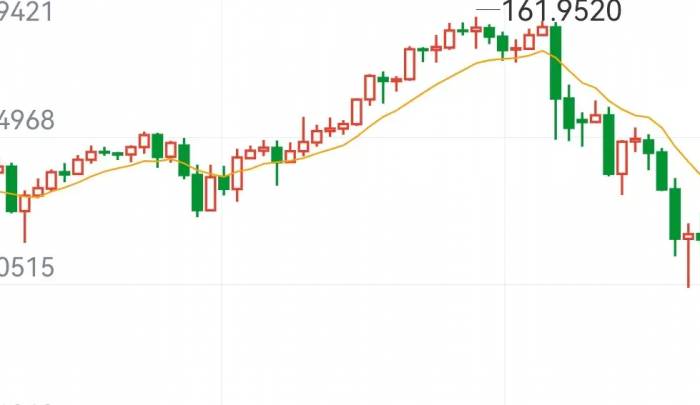


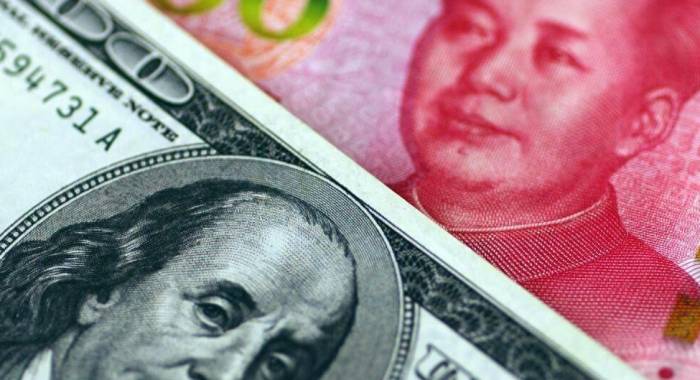


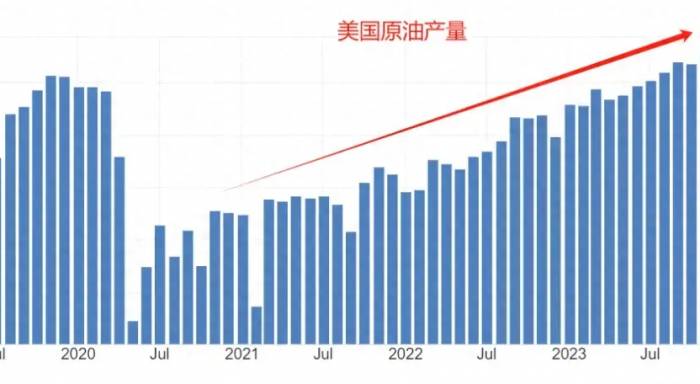


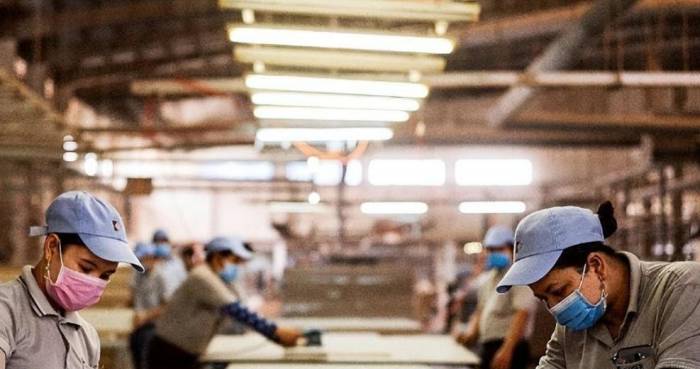







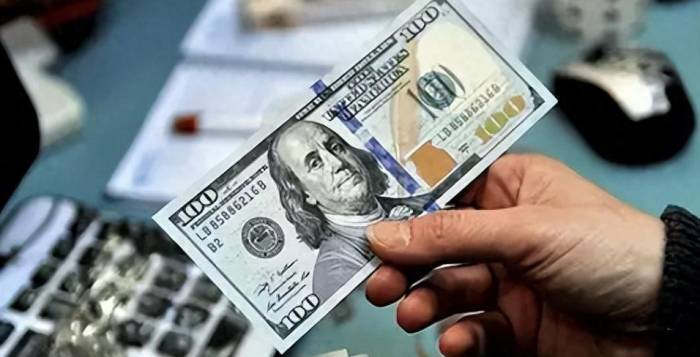
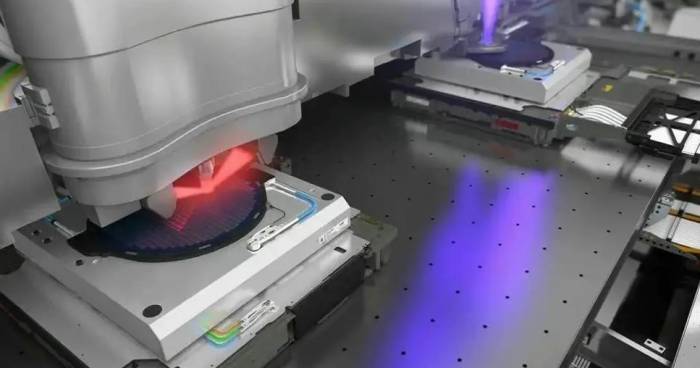


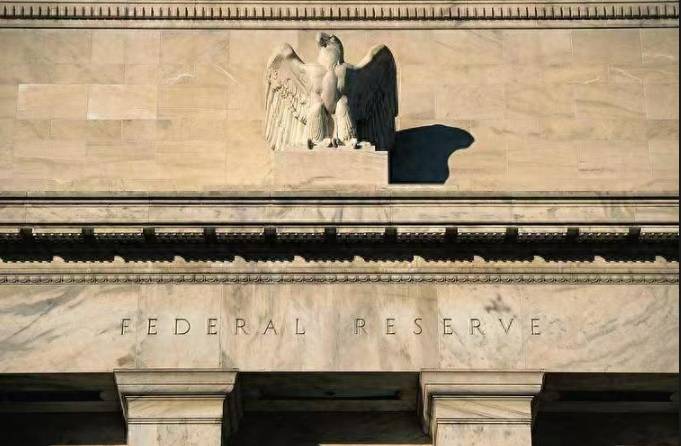
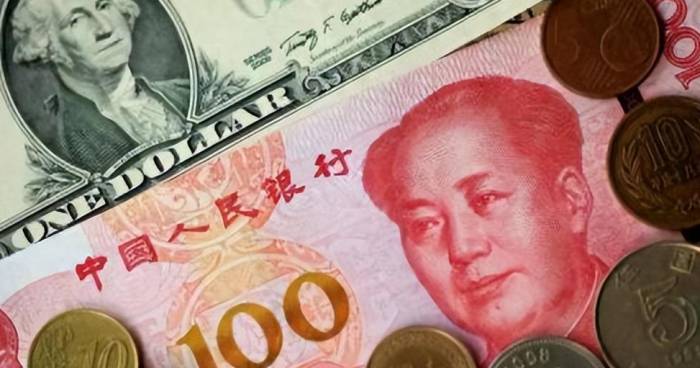




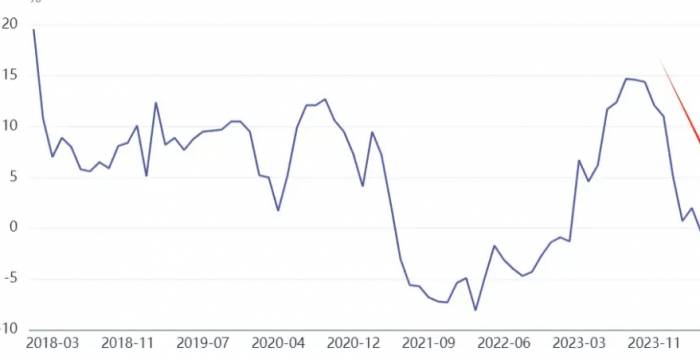
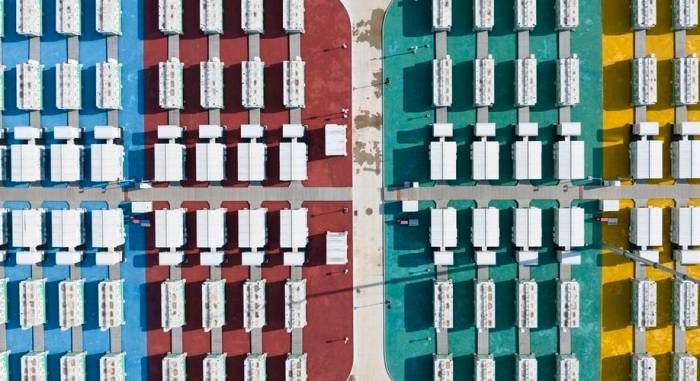

Leave a Comment